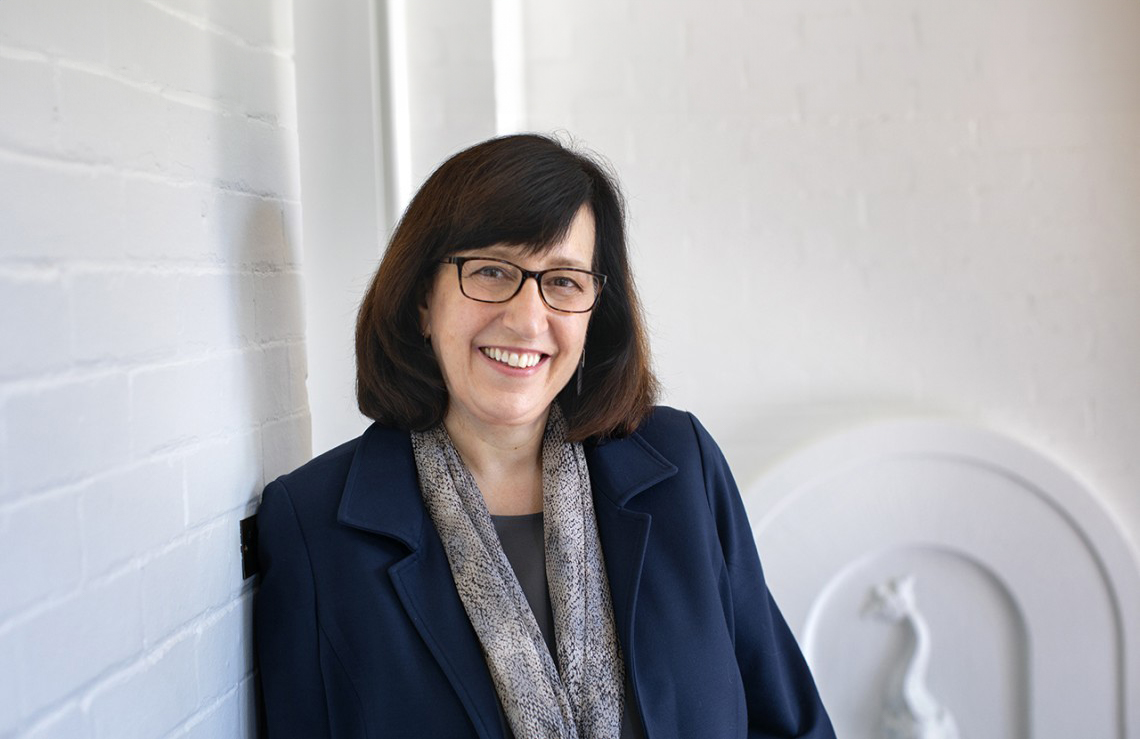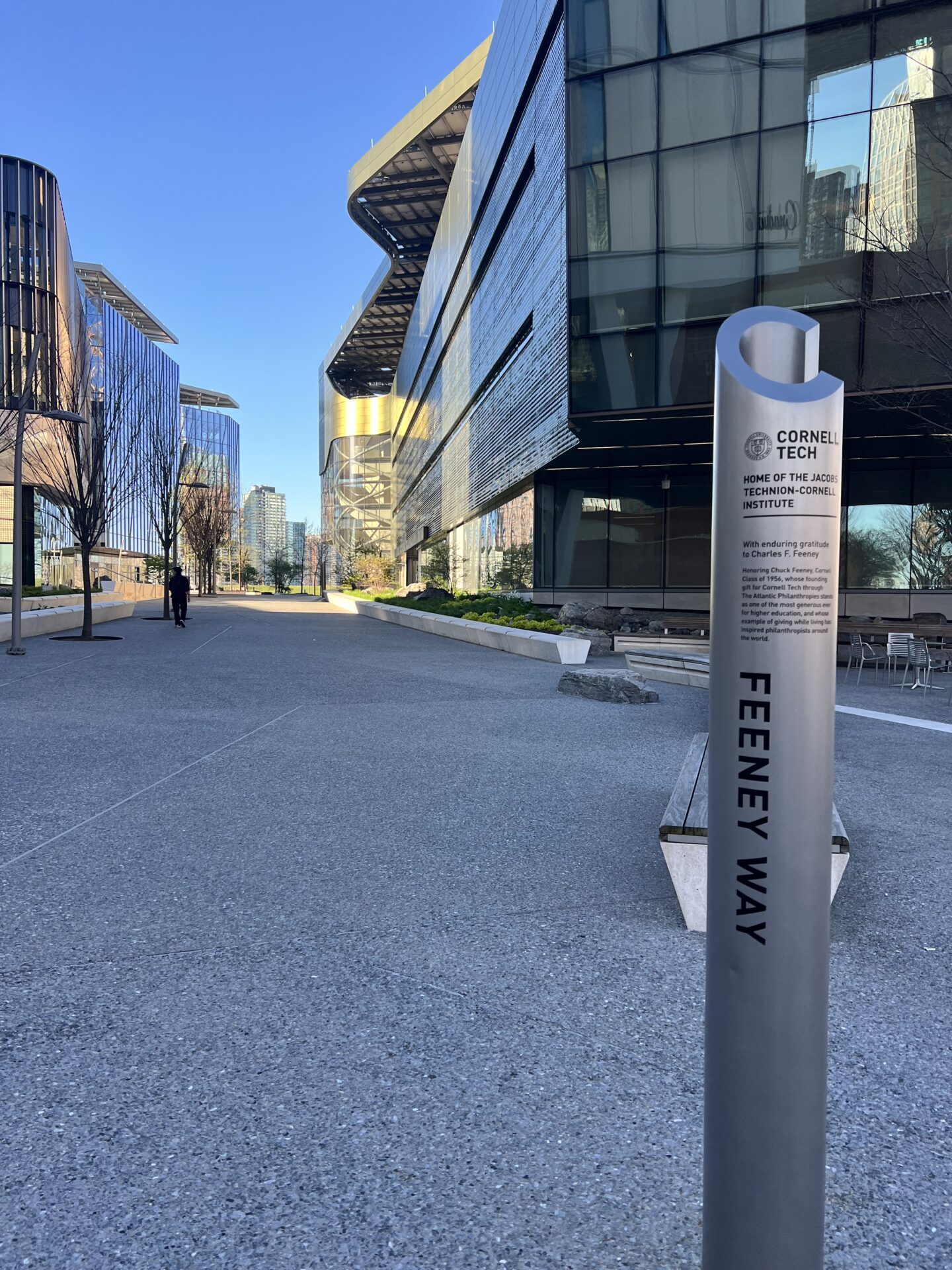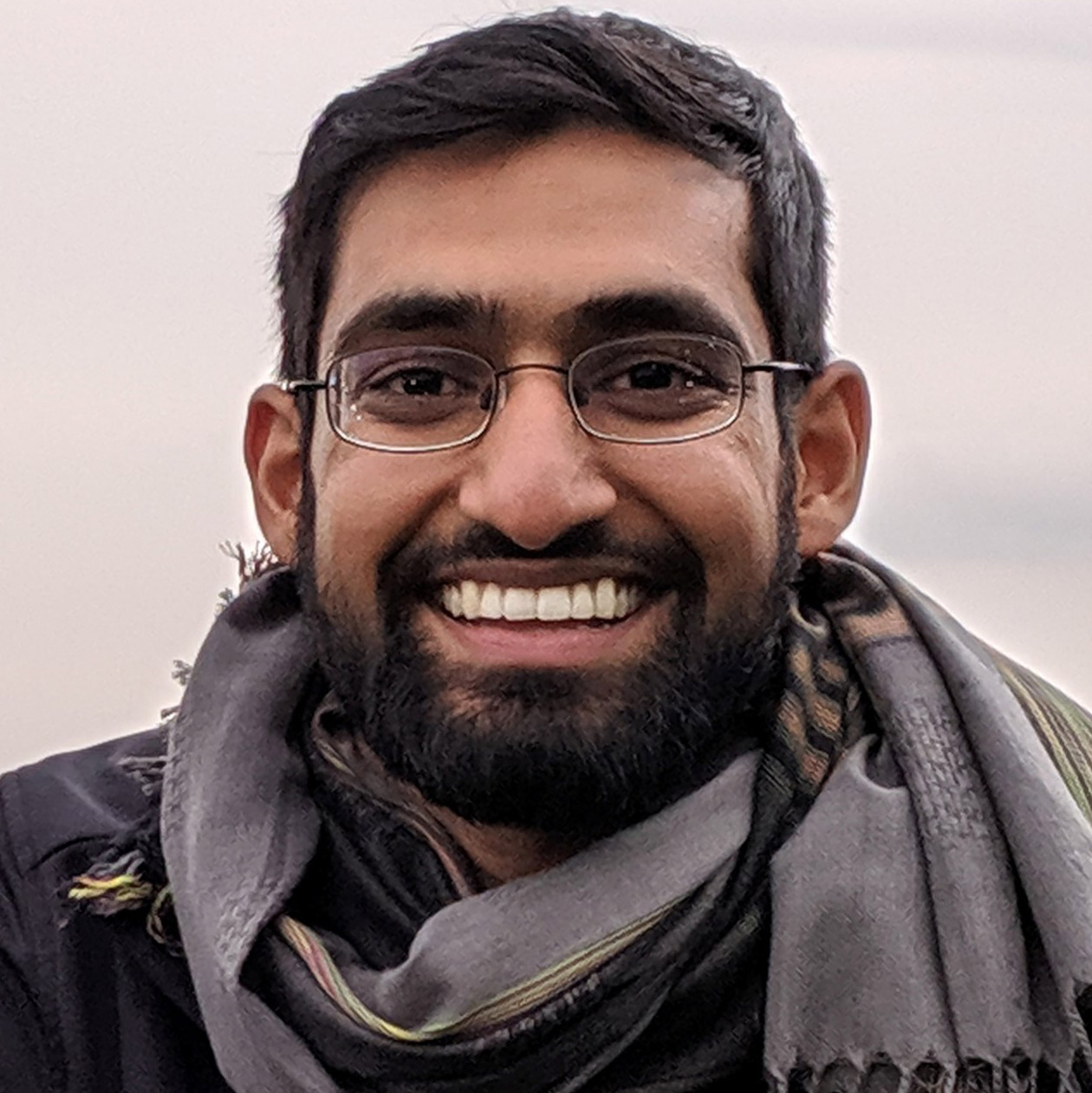Google, Cornell to Partner in Online Security Initiative
Categories
Computer Science, Cornell University, New York City, Research
By Tom Fleischman, Cornell Chronicle
Cornell is one of four higher-education institutions in a new partnership with Google aimed at establishing New York City as the world leader in cybersecurity.
On June 12, Google announced the Google Cyber NYC Institutional Research Program to jump-start the cybersecurity ecosystem, allocating $12 million to the four institutions, which include a team led by Cornell Tech and the Cornell Ann S. Bowers College of Computing and Information Science.
“Making systems safe, secure and trustworthy is incredibly hard, and it’s only going to become harder in the age of AI. Cornell is grateful and eager to take on this challenge with Google and with our colleagues across New York,” said Greg Morrisett, the Jack and Rilla Neafsey Dean and Vice Provost of Cornell Tech and principal investigator (PI) for Cornell. “We believe New York will be the epicenter for next-generation research, students and startups in cyber, trust and safety, and we applaud Google for its leadership and unwavering support for Cornell University.”
Cornell – along with the City University of New York, Columbia University’s Fu Foundation School of Engineering and Applied Science and New York University’s Tandon School of Engineering – will receive $1 million each in annual funding through 2024 (with the option to continue through 2025). The funding will support approximately 90 collaborative research projects across the four institutions in areas where further research could encourage the development of more secure digital ecosystems and inspire innovation.
While most current security-related research is focused on technical challenges, many of the most significant security failures involve humans and can often be attributed to poor design that fails to take the human factor into account. This partnership will use an interdisciplinary approach to build better foundations for secure systems and ensure that they are deployed in ways that address rather than exacerbate societal problems.
The partnership – part of a $10 billion cybersecurity initiative that Google announced in 2021 – was announced in a “fireside chat” with the deans of the four institutions along with Phil Venables, Google Cloud chief information security officer.
“The Google Cyber NYC Institutional Research Program will further propel New York as a research leader in cybersecurity, alongside the work of preeminent city institutions like New York City Cyber Command,” Venables said. “At Google, we’re committed to being bold and responsible stewards of emerging technology like AI, so we’re working together with four of New York’s leading institutions to make sure the city is prepared as the threat landscape continually shifts.”
“Cornell’s commitment both to developing state-of-the-art computing and information technologies, and to understanding the societal and human impact of these technologies, make us particularly well positioned to partner with Google,” said Kavita Bala, dean of Cornell Bowers CIS. “We look forward to building upon our longstanding excellence in computer security to address one of the biggest challenges of our time – to create a more secure digital environment for all.”
Nate Foster, professor of computer science at Cornell Bowers CIS, and Thomas Ristenpart, associate professor of computer science at Cornell Tech and at Cornell Bowers CIS, will act as co-PIs for the partnership.
In addition to supporting research projects, the funding also will help grow the institutions’ respective cybersecurity degree programs; increase the number of qualified security professionals entering the workforce; and address diversity gaps in the cybersecurity industry by recruiting and developing workers from underrepresented groups.
Partnership between Cornell and Google is not new: The Cornell Tech campus got its start in 2012 in Google’s New York City offices, on Eighth Avenue, before moving to its state-of-the-art Roosevelt Island campus in 2017. For more than two decades Google has funded Cornell researchers across the Ithaca, Cornell Tech and Weill Cornell Medicine campuses, and funded key initiatives including CSMore and SoNIC that foster diversity and inclusion in the fields of computing and information science.





